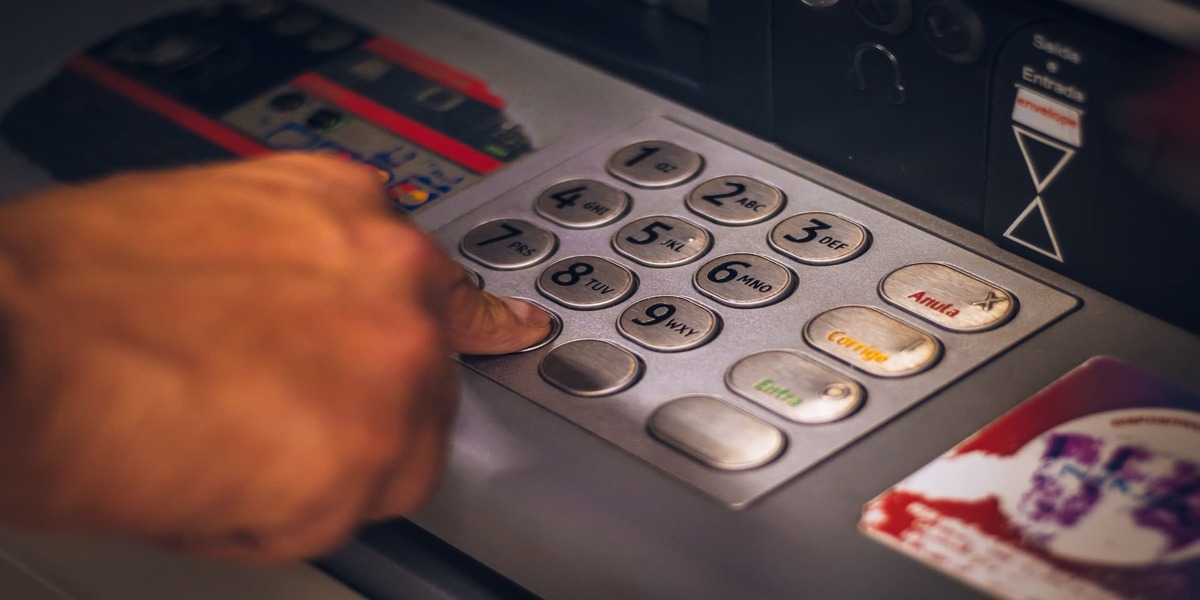Era Of Open Banking Expansion In Saudi Arabia

Open banking has gathered a lot of hype in Saudi Arabia and is seen as a major disruptor of the whole financial industry's landscape.
It is transforming Saudi Arabia's financial services sector by encouraging competition and introducing new services, allowing fintech's direct access to the pool of bank customers' data. That, in its own right, is a disruptive process.
Open banking will impose consequences on the current financial system in the KSA and, more specifically, on member deposit-bearing banks, which, as in other regions, monopolized the money management and payment services for years.
The conventional paradigm on which a bank is a one-stop shop for all your financial services is no longer sustainable, and the services that plug into it : e.g., card services, custody, clearing, insurance, wealth management, and financial investment, are to be rethought.
They are currently considering moving from the traditional sectional/departmental optimization to a small private ecosystem that mimics a fintech platform and would encompass subcategories of financial services (Micro-FinTech).
This will create a sort of mutated bank that has been historically an incumbent bank encompassing archaic services.
Take, for example, microfinancing, a growing part of personal finance. It is a challenge for a financial institution to collect and aggregate data on a customer's income levels from multiple sources.
With OB, tech providers will have access to real-time data and insights into a customer's financial situation, ensuring the offering and approvals almost instantaneously.
Paytech companies will use a different paradigm than collecting a fee : it's an ongoing customer relationship that will drive income generation.
More importantly, on the payment spectrum, it will cost-effectively optimize all reconciliations, direct debits, repayments, and payouts, with a minimal fee.
We can list a lot of examples of this current mutation, but the most striking one remains the creation of a proprietary sandbox by banks, which speaks about the direction that most of them are trying to resolve to remain the market players they currently are.
This article was contributed by our expert Camille Beyrouthy
Frequently Asked Questions Answered by Camille Beyrouthy
Q1. How many companies in Saudi are permitted to operate in the open banking field?
The Saudi central bank (SAMA), under the initiative of “fintech Saudi” has a big collection of FinTech’s that has access to their sandbox. Can make available more details on this companies, if need be, roughly around 80 companies.
Q2. What are examples of open banking?
Payment, buy now pay later (BNPL), microfinance, digital wallets, etc.
Q3. How do you implement open banking?
SAMA has created a sandbox and a regulatory framework that explains how to operate and a global governing set of rules and regulations.
Q4. What problems does open banking solve?
It provides the capacity for third-party companies to access details about citizens and provide almost all banking services to the clients.
Comments
No comments yet. Be the first to comment!
